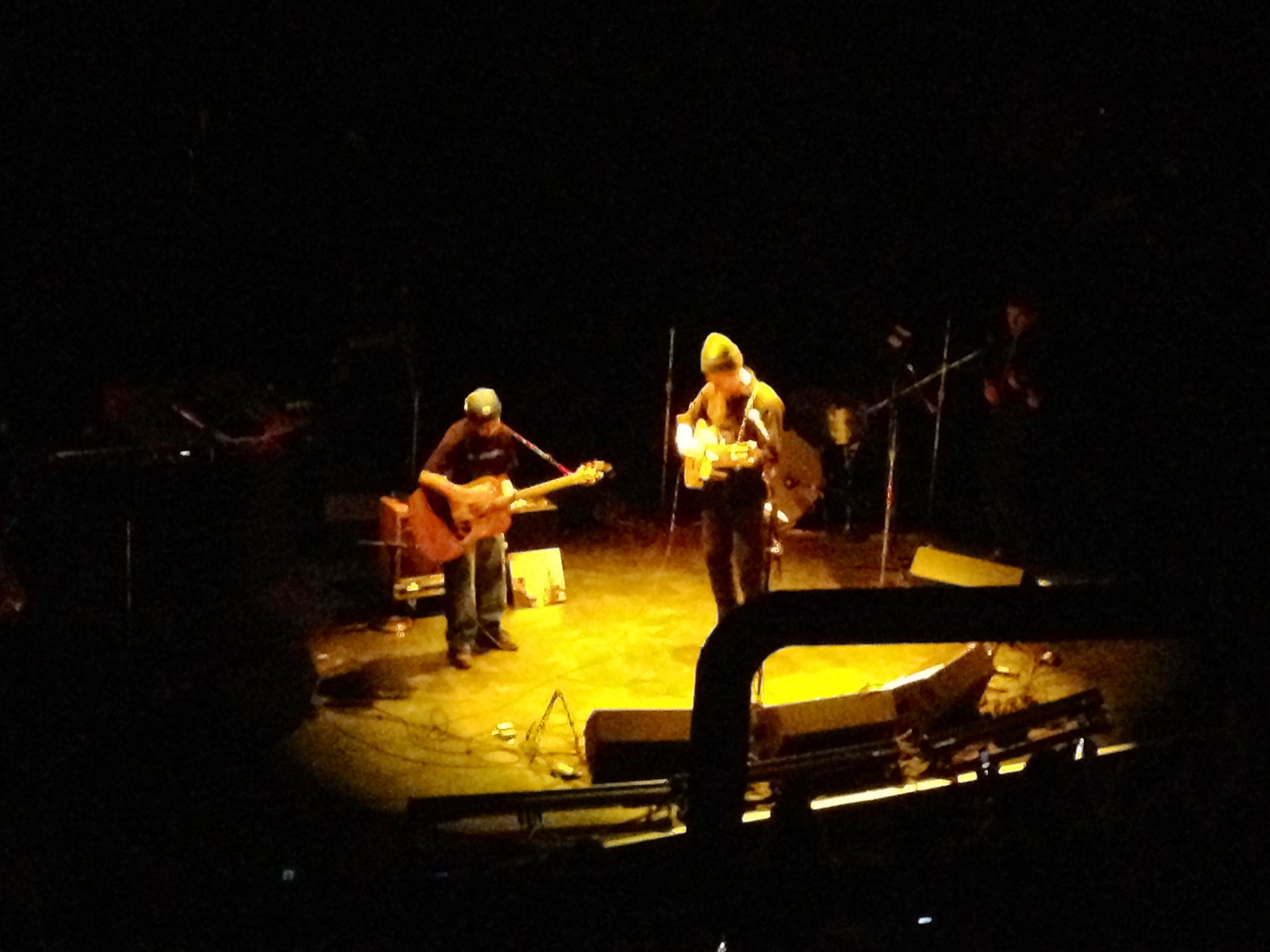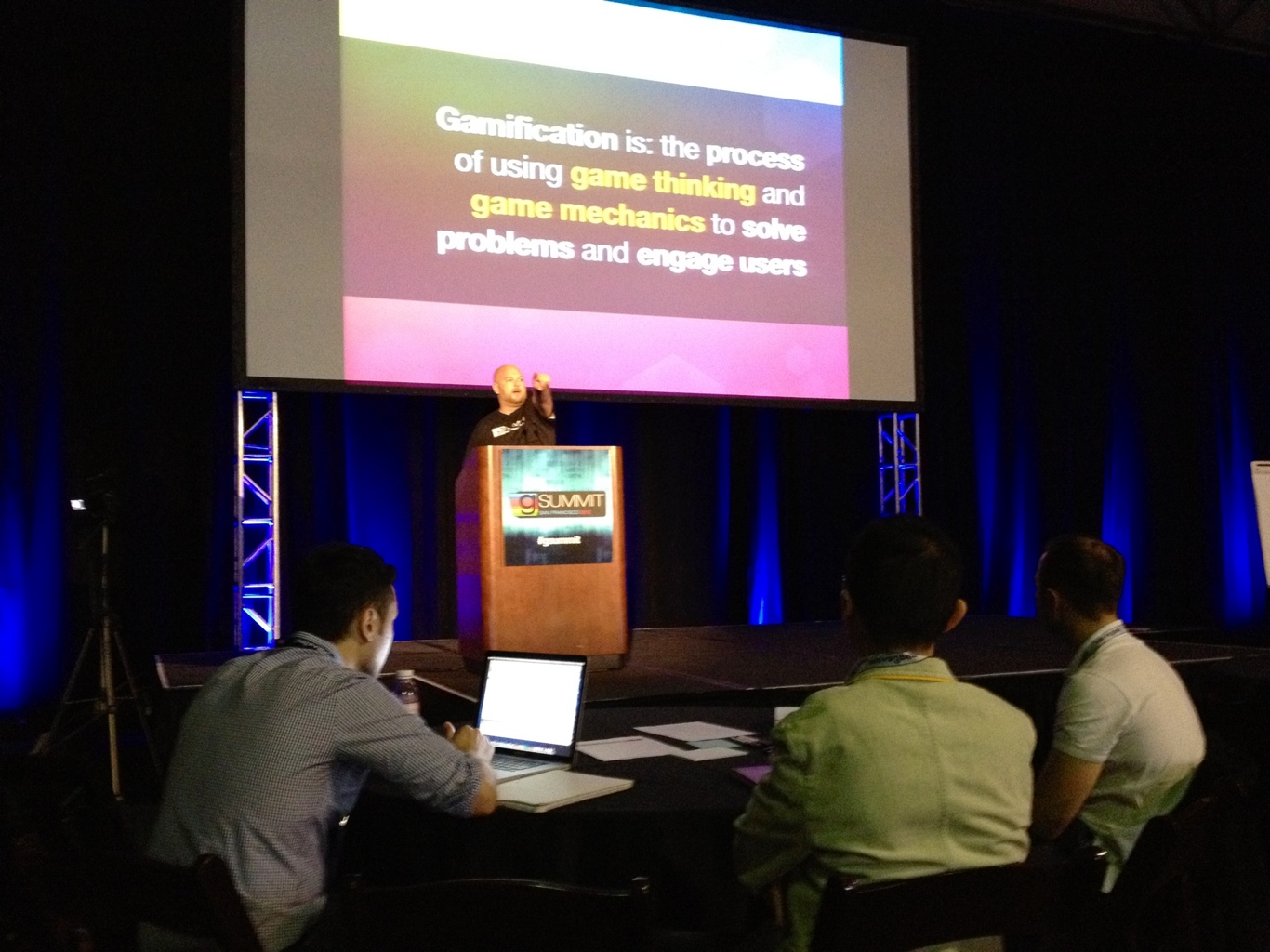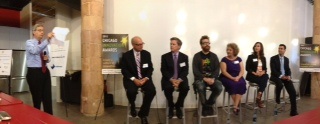User Experience Architect
GameOn
Description
Sears Holdings is seeking a User Experience Architect. The ideal candidate should have experience in designing experiences based in or that have strong elements of game play or gamification. Perhaps you brought badging in a project and other innovations that come from game play or gamification. Perhaps you have worked on a a serious game. You see and are inspired by games in what you design.
You will collaborate with a team of other user experience architects, visual designers, copywriters, developers, and business stakeholders. You will be responsible for conducting and analyzing research, gathering business requirements, identifying technology constraints in order to synthesizing intelligent and successful design solutions. This will include collaborating on new design concepts, working on win/win solutions with primary stakeholders, consulting with stakeholders on design enhancements, and working on small/mid-size maintenance projects.
Your responsibilities will include making informed recommendations on design strategies, leveraging best practices, accurately estimating and tracking your time across multiple simultaneous projects, as well as working with the UE staff to develop and document methodologies, standards and best practices for the group.
Currently, we are interested in candidates with 3+ years of demonstrable experience and who have had a background involving large scale web initiatives. The ideal candidate will have exceptional analytical skills, be well versed in user-centered design practices, and can turn business and user requirements into elegant user interfaces and compelling interactive experiences.
All candidates under consideration must be able to present a comprehensive portfolio.
Responsibilities
• Generate and maintain detailed design specifications
• Develop new and effective design solutions on time and in scope
• Collaborate with stakeholders to deliver on new business initiatives and platform enhancements
• Develop methodologies, standards and best practices for the group
• Influence strategic interface design direction and concept development in a collaborative and cross-matrixed organization.
• Manage external resources consisting of contractors, design firms and agencies
• Document content structure, page templates, and interfaces
• Develop user interface standards
• Generate and maintain site maps
• Create detailed page-level wireframes and functional specifications
• Conduct user research, profiling and analysis
• Track and analyze customer site behavior/feedback
• Requirements gathering, documenting and tracking
• Process and task flow modeling
• Concept generation and modeling
• Low-fidelity and hi-fidelity prototyping techniques
REPLY TO
Dschlei@searshc.com
__________________________________
dennis schleicher
executive producer GameOn
email: dennis.schleicher@searshc.com


